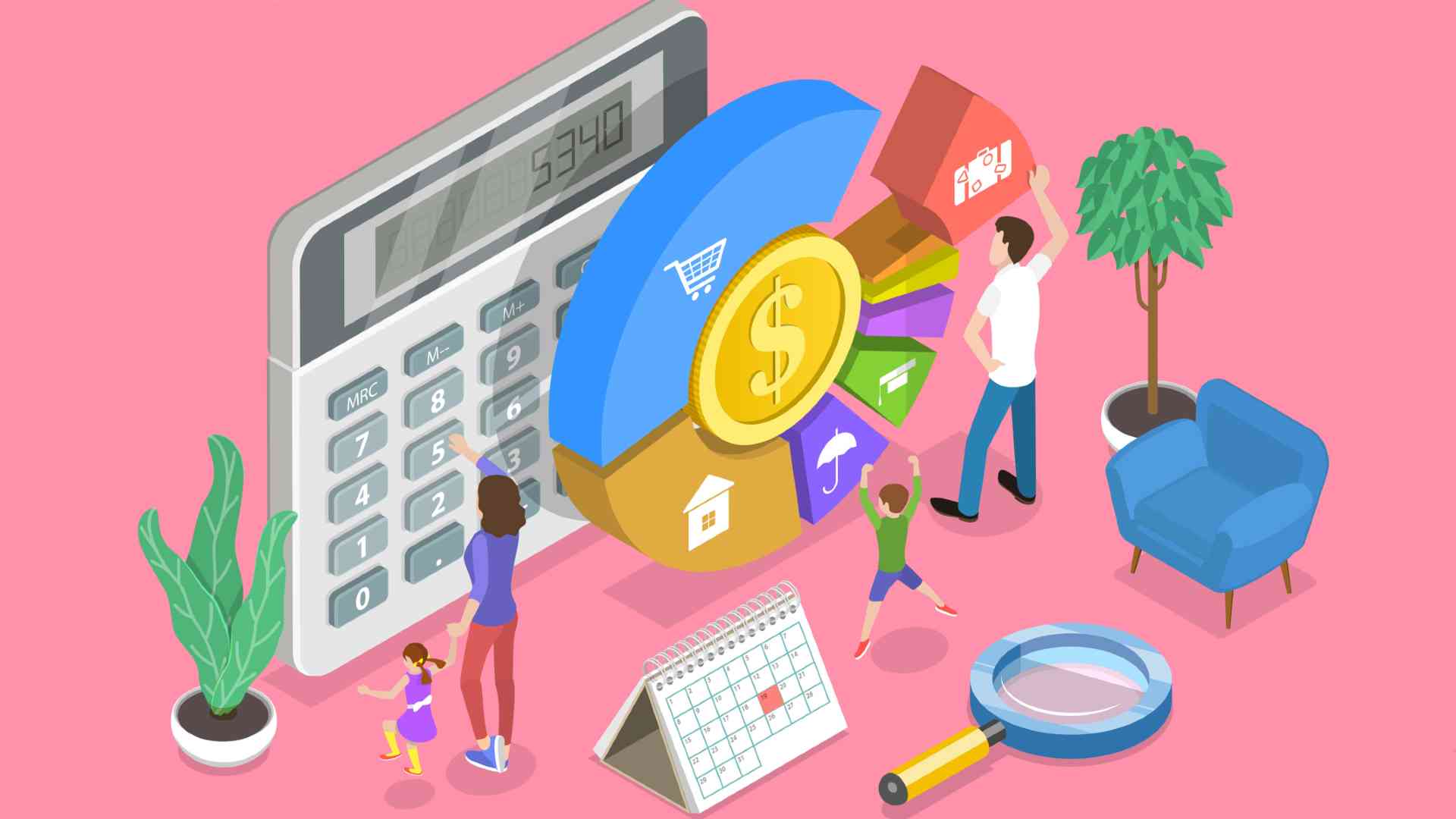Do you have confidence manage your money, or do you find it difficult to budget and plan how to spend and save your income wisely? If it’s the latter, you’re not alone. According to the Financial Health Network, 70% of individuals struggle to achieve financial stability due to the challenges of paying bills on time, paying down their debt, and saving money. Managing money takes time and effort, but the financial peace-of-mind it brings is rewarding. Here are six helpful tips to start managing your money to provide long-term financial stability.
1 – Lower your monthly expenses
The most challenging part of money management for many people is changing their spending habits to have enough money to pay bills on time and have money left from each paycheck to save.
A simple way to lower your monthly expenses is to ditch your unnecessary and impulsive spending habits to help you save more money each month. Start by reviewing your monthly subscriptions and memberships. Do you really need to subscribe to several streaming channel, or can you select one service and save by cutting the rest? How about the gym? If you’re not going at least twice a week, you could save by changing your unlimited class plan or workout with videos on your home computer, tablet or mobile phone. Can you cut your phone bill by changing your current plan or provider to a more affordable one? When your auto insurance is up for renewal, see if there is a more affordable option. If you’re a homeowner, see if you can save by bundling your insurance. Save at the supermarket by writing a grocery list and sticking to it. Lowering your monthly expenses is all about finding where you spend unnecessarily and eliminating those expenses to save more money each month.
2 – Pay off credit card debt
Debt is a huge financial burden and can negatively impact your future if you do not manage it well. Becoming debt-free may seem out of reach, but over time, you can strategically pay down your debts using debt repayment strategies. Debt repayment strategies include the Snowball and Avalanche methods. The most important thing to remember when you have debt is to make payments on time each month. Payment history accounts for 35% of your credit score. Late payments will negatively affect your credit score and can stay on your credit report for up to 7 years.
3 – Spend within your budget
Creating a budget will help you control your money coming in and going out. Budgeting may seem like a lot of work to set up, but having a financial plan will help keep you focused on reaching your financial goals. There are different budgeting techniques, each with specific approaches to how you handle your money. In a traditional budget, you assign an amount of your income to an expense, and whatever is leftover gets saved.
In a 50/30/20 budget plan, you distribute a certain percentage of your income into three categories; needs, wants, and financial goals. For example, you can dedicate 50% of your income to paying your rent, utilities, and groceries (your needs), then 30% of your income towards paying down debt and making non-essential purchases, then use the remaining 20% to save towards your financial goals. If you need a template to get started, use the Budget tool in your FinLocker.
4 – Create an emergency fund
Preparing for the unexpected will help to provide financial stability. Creating an emergency fund will help you have the money for any unforeseen financial event, such as a car or home repairs or a medical bill. It’s recommended that you create a separate savings account that earns interest for your emergency fund and transfer money to that account from each paycheck. Consistently adding $20 or $50 to your emergency fund will enable the fund to grow, so you won’t need to get a personal loan or use your credit cards to pay for any unplanned expense.
5 – Lower your credit card usage
It’s tempting to put an impulse purchase on credit cards, especially when you can spend now and work out how to pay it off later. However, the temptation can become an issue if you regularly max out your cards. Credit utilization accounts for 30% of your credit score. If your goal is to obtain a higher credit score, try not to use more than 30% of your credit limit. For example, if you have a $2000 limit on your credit card, and your balance is more than $600, your credit utilization is over 30%. Start to pay down your credit cards by making purchases using your debit card or cash, so you only spend the money you have.
6 – Contribute to your retirement savings
Managing your money includes investing for the future with a retirement savings account. Most companies have employer-sponsored 401(k) and Roth 401(k), which enable you to invest a portion of the money you earn, either pre-tax 401(k) or post-tax (Roth). If you are self-employed, you can create an individual retirement account or Simplified Employee Pension Plan (SEP).
Managing your money should be a continuous process, one that you will need to review regularly to view your progress. Adopting these strategies can help you improve your financial habits and give you more confidence to manage your money wisely.




